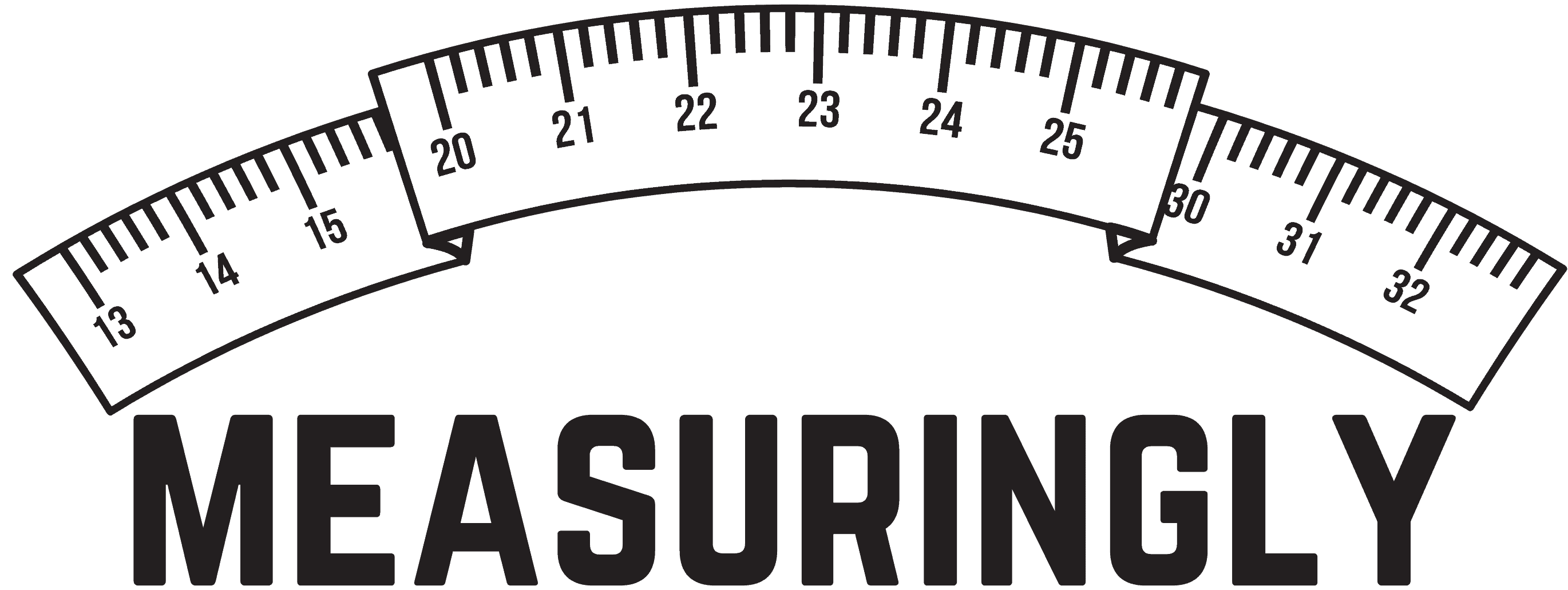Have you ever wondered how much an egg weighs? As you stroll through the grocery store, you’ll likely come across various sizes of eggs, from medium to jumbo. But what do those sizes really mean, and how do they translate in terms of weight? Worry not; we’re here to help you crack the mystery of egg weights.
Egg sizes are classified based on their weights, with each size having a certain range of ounces. For example, medium eggs typically weigh around 1.70 ounces per egg, while the larger ones might be about 2.125 ounces per egg.
Interestingly, the weight of an egg includes not only the whites and yolks but also the shell, which makes up around 8 to 9 percent of the egg’s total weight.
Understanding the weight of eggs can be particularly handy when you’re whipping up a recipe that calls for a specific size or weight of eggs. So, the next time you’re baking a cake or making a hearty omelette, you’ll know exactly how much your eggs weigh, ensuring your culinary masterpiece turns out perfectly.
Read: How Much Does a Pillow Weigh: Guide For Sleepers
Small eggs weigh around 1.5 ounces each, while medium eggs have an average weight of 1.70 ounces. Large eggs are the most commonly used size in recipes, weighing approximately 2.125 ounces each. Extra large eggs come in slightly heavier, at about 2.20 ounces per egg.
Measuringly.com
Factors Affecting Egg Weight
Size and Type of Chicken
Different breeds of chickens can produce eggs of varying weights. Generally, larger chicken breeds tend to lay larger eggs, while smaller breeds lay smaller eggs.
Some breeds, such as Rhode Island Reds, Sussex, and Leghorns, are also specifically known for producing larger eggs. It is essential to know the breed of your laying hens to understand the expected egg size better.
Age of Chicken
The age of a chicken has a significant impact on the weight of the eggs it lays. As hens age, the size and weight of their eggs tend to increase, resulting in greater egg heterogeneity.
Younger hens typically lay smaller and lighter eggs, while older hens produce larger and heavier eggs. Therefore, if you want uniform egg size and weight, monitoring the age of your laying hens is essential.
Diet and Nutrition
The diet and nutrition of a chicken play a crucial role in determining the weight of the eggs they produce. Providing your hens with a well-balanced diet rich in protein, vitamins, and minerals can help improve the quality and weight of the eggs. A deficient or imbalanced diet can lead to smaller, lower-quality eggs.
To ensure that your hens are receiving adequate nutrition, you can:
- Provide them with high-quality commercial feed that meets their nutritional needs.
- Offer a varied diet that includes vegetables, fruits, and grains.
- Provide access to fresh, clean water at all times.
By considering the size and breed of your hens, their age, and providing a balanced diet, you can influence the weight of the eggs produced in your poultry farm. Remember that consistency and attention to these factors can help you maintain a healthy flock and ensure you get eggs of desirable size and weight.

Standard Egg Weights
When you’re working with recipes or just cooking at home, it’s essential to know the approximate weight of the eggs you’re using. This section provides information on the standard weights of different egg sizes.
Small and Medium Eggs
Small eggs weigh around 1.5 ounces each, while medium eggs have an average weight of 1.70 ounces. When measuring ingredients for your recipes, keeping these weights in mind can help you achieve consistent results. Remember, small and medium eggs might be lighter, impacting the structure of your baked goods or egg-based dishes.
Large and Extra Large Eggs
Large eggs are the most commonly used size in recipes, weighing approximately 2.125 ounces each. Extra large eggs come in slightly heavier, at about 2.20 ounces per egg.
Using large or extra-large eggs might make a noticeable difference in the texture and density of your dishes compared to smaller egg sizes. Be mindful of these differences when substituting egg sizes in your recipes to achieve the desired result.
Jumbo Eggs
Jumbo eggs are the heaviest of the bunch, weighing around 2.5 ounces per egg. These larger eggs can provide richer, denser textures in your recipes but might also lead to heavier, more substantial final products.
While jumbo eggs can be great for recipes that call for bigger portion sizes or more pronounced eggy flavors, be cautious when swapping them for smaller eggs in your dishes.
Understanding the standard weights of different egg sizes can help you become a more informed and skilled cook or baker. Remember these measurements the next time you’re whipping up a meal or treat that includes eggs.
Importance of Egg Weight
Cooking and Baking Purposes
Egg weight plays an essential role in cooking and baking. When you follow a recipe, it often specifies the size or number of eggs to use. This is important because using the correct egg size ensures that the recipe’s proportions remain accurate, resulting in a successful dish.
For example, a large egg usually weighs around 2.125 ounces, while a medium egg weighs about 1.70 ounces. Paying attention to these details can significantly impact your cooking and baking experiences.
Commercial Grading
In the egg industry, egg weight determines the commercial grade of eggs, which is crucial for both producers and consumers. The USDA outlines six weight classes for consumer-grade shelled eggs: peewee, small, medium, large, extra-large, and jumbo.
By categorizing eggs according to their weight, sellers ensure that customers receive consistent products, while buyers can choose the size that best suits their needs.
Here are the general weights for each egg size category:
- Peewee: less than 1.25 ounces per egg
- Small: 1.25 to 1.50 ounces per egg
- Medium: 1.51 to 1.75 ounces per egg
- Large: 1.76 to 1.95 ounces per egg
- Extra-Large: 1.96 to 2.20 ounces per egg
- Jumbo: more than 2.21 ounces per egg
Knowing these classifications can help you make informed decisions when purchasing eggs and following recipes that require specific sizes. Remember, paying attention to egg weight is essential for successful cooking and baking and understanding commercial grading processes in the egg industry.
Measuring Egg Weight
When it comes to measuring the weight of an egg, there are different methods you can utilize. This section will guide you through two popular options: using a kitchen scale and estimating without a scale.
Using a Kitchen Scale
A kitchen scale is a handy tool for accurately determining the weight of an egg. Here’s how to use one:
- Place your kitchen scale on a flat surface and make sure it’s turned on and set to the appropriate units (grams or ounces).
- If your scale has a tare function, use it to zero out the weight of any container or surface you’re using to hold the egg.
- Carefully place the egg on the scale and record the weight. A medium-sized egg typically weighs around 1.75 ounces (49.6 grams).
- If you need to measure multiple eggs, remove the first egg, re-tare your scale if necessary, and repeat the process for each subsequent egg.
Estimating Without a Scale
If you don’t have access to a kitchen scale, you can still estimate an egg’s weight based on its size:
- Medium: about 1.70 ounces (48.2 grams) per egg
- Large: about 2.125 ounces (60.2 grams) per egg
- Extra-Large: about 2.20 ounces (62.4 grams) per egg
- Jumbo: about 2.5 ounces (70.9 grams) per egg
Remember that this method is less precise and should only be used if a scale is unavailable. When following a recipe, it’s usually best to use the egg size specified to ensure accurate proportions and well-balanced flavors.

Fun Facts About Egg Weights
Did you know that eggs come in various sizes, and their weights differ accordingly? From small to jumbo, the weight of an egg can vary quite a bit. In this section, we’ll give you some interesting insights into egg weights, which can be convenient when preparing a meal or wanting to impress your friends with some egg-cellent trivia.
First, talk about chicken eggs, the most common kind of eggs consumed worldwide. A small egg weighs about 1.5 ounces or 42.5 grams, while a medium egg weighs approximately 1.75 ounces or 49.6 grams.
Moving up the scale, a large egg averages 2 ounces or 56.7 grams, and an extra-large egg weighs around 2.25 ounces or 63.8 grams. Finally, the biggest of the bunch, a jumbo egg, typically weighs 2.5 ounces or 70.9 grams.
Now that you know how much chicken eggs weigh, let’s also discuss duck eggs. They generally weigh more than chicken eggs. A duck egg can weigh around 70 grams, making them a heavier choice for your cooking endeavors.
Read: How Much Does a Shopping Cart Weigh: Guide for Shoppers
Here’s a quick summary of chicken egg weights in different sizes:
- Small: 1.5 ounces (42.5 grams)
- Medium: 1.75 ounces (49.6 grams)
- Large: 2 ounces (56.7 grams)
- Extra Large: 2.25 ounces (63.8 grams)
- Jumbo: 2.5 ounces (70.9 grams)
Another fun fact: The shells of eggs also contribute to their overall weight. The shells account for 8 to 9 percent of the egg’s weight.
So next time you’re cracking eggs for a recipe, you can consider the varying weights and sizes of the eggs you’re using. Experimenting with different sizes and types of eggs might even lead you to discover some new and exciting culinary adventures. Happy cooking!







